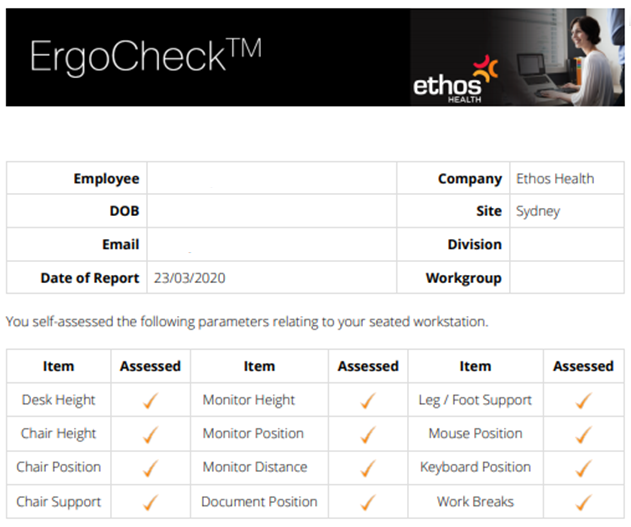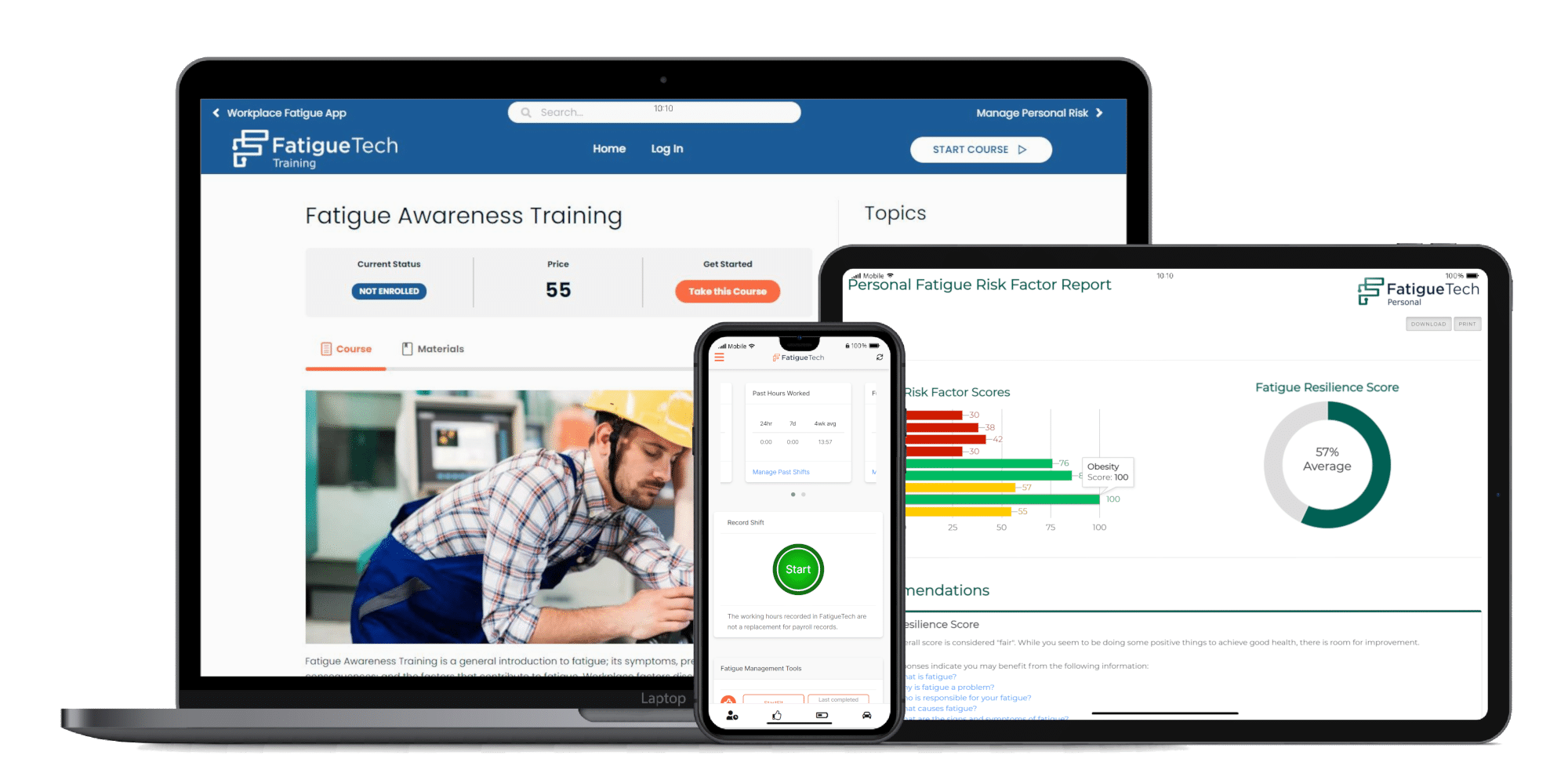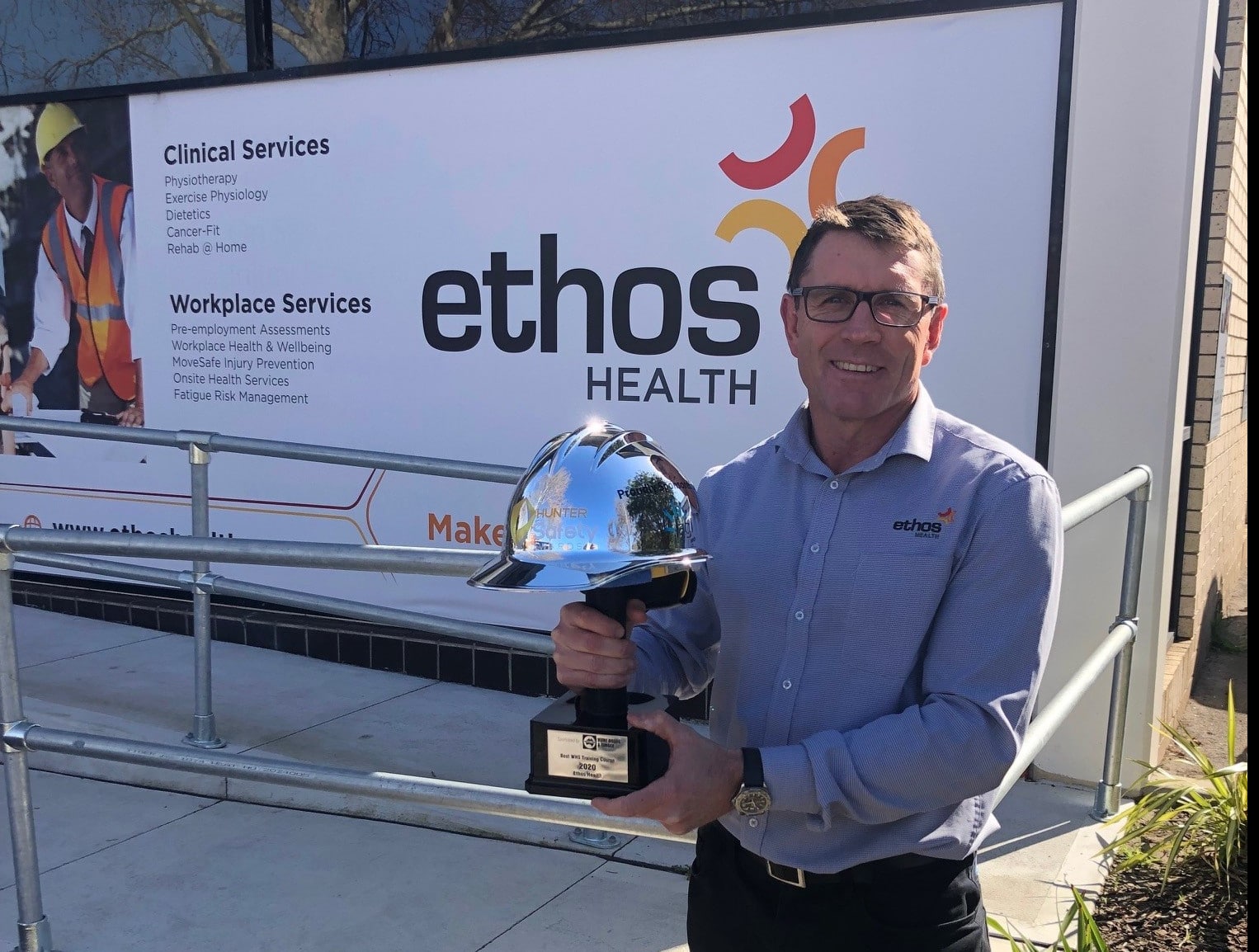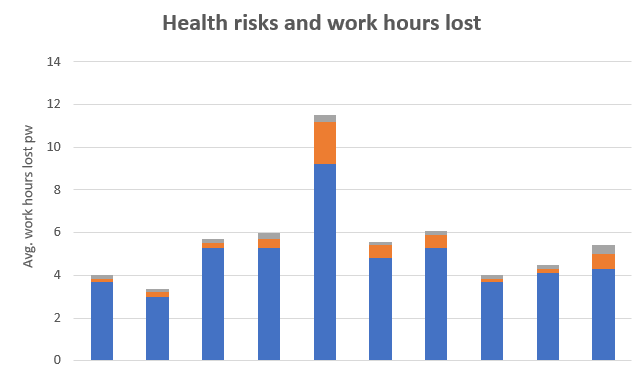RESHAPE Workshop: Summary Report

On March 21, the RESHAPE workshop was held with representatives from seven organisations from a range of industries, including mining, utilities, manufacturing and tertiary education.
Facilitated by Dr Trent Watson and Dr Jane Watson, the full-day workshop provided attendees with an understanding of the legislative, corporate and social responsibilities regarding workplace health, along with current research addressing the impact of employee health status and health risk factors on injury, absenteeism and productivity in the workplace. The RESHAPE framework was presented in detail to assist attendees to prioritise how and what to assess and where to direct health interventions for the best possible return. Participants were provided with a comprehensive RESHAPE manual, which is a guide to the design, implementation and evaluation of health initiatives and adheres to national guidelines and key principles of health promotion. Participants worked in small groups to develop or refine strategic health and safety plans specific to their workplace.
The aims of the RESHAPE workshop were for attendees to:
- Understand and utilise an 8-step process to improve workplace health outcomes.
- Utilise tools and templates provided to develop a Plan of Action contextualised to their workplace.
- Develop a plan for introducing health initiatives that are evidence-based and best practice.
- Use a consistent measurement framework to measure, share, evaluate and continuously improve outcomes.
- Enable economies of scale and best use of resources.
Global health trends
Employers recognise the importance of looking after their most valuable asset, their people, and worldwide an increasing number of workplaces are implementing health initiatives. While there is much discussion about the potential benefits of workplace health programs to individuals and the employer. It has been claimed that: ‘The challenge for organisations today is no longer whether or not workplace health promotion programs should be implemented but rather how they should be designed, implemented and evaluated to achieve optimal benefits (i.e. health and cost effectiveness)’. www.workplacehealth.org.au/_literature_51087/HAPIA_Best_Practice_guideline
Why health initiatives in the workplace?
Although individuals have the ultimate responsibility for their behaviour, workplaces are an important setting for supporting healthy behaviours through workplace health initiatives. Workplaces have the potential to positively impact on individuals across their working lifespan by providing social and physical environments that support and assist positive health behaviours.
Strong leadership, a supportive culture and environment, workplace policy and systems play an important role in supporting individual behaviour change. While there is evidence that workplace health promotion has a range of beneficial impacts for the employer and employee, there is still much to be learnt about what approaches will prove to be the most effective. While it may be easy to sit back and do nothing, the research to date clearly suggests that improvements in workplace health have the potential for significant social and economic benefit for individuals, the community, and the workplace.
Ethos Health is committed to a sustainable approach to fostering healthy, safe and productive workplaces. If you would like support with your health and wellbeing programs, or would like to host a RESHAPE workshop, please call Ethos Health on (02) 4962 8700.
References and Suggested Reading
- Medibank Health Solutions and PriceWaterhouseCoopers, Workplace wellness in Australia – Aligning action with aims: Optimising the benefits of workplace wellness. 2010. https://www.usc.edu.au/media/3121/WorkplaceWellnessinAustralia.pdf
- Burton, J., WHO Healthy Workplace Framework and Model: Background and Supporting Literature and Practices. 2010, World Health Organisation.
https://apps.who.int/iris/handle/10665/113144 - (WHAA), W.H.A.A., Best Practice Guidelines: Workplace Health in Australia., in Revised 29th October 2015. . 2015, The Health &
Productivity Institute of Australia.http://www.workplacehealth.org.au/UnderstandWorkplaceHealth/best-practice-guidlines - Egger, G. and J. Dixon, Beyond obesity and lifestyle: a review of 21st century chronic disease determinants. Biomed Res Int, 2014. 2014: p.
731685. https://www.hindawi.com/journals/bmri/2014/731685/ - Goetzel, R.Z., et al., Do workplace health promotion (wellness) programs work? J Occup Environ Med, 2014. 56(9): p. 927-34. https://www.workhealthresearchnetwork.org/wp-content/uploads/2016/01/Do-Workplace-Health-Promotion-Wellness-Programs-Work.pdf
- van Scheppingen, A.R., et al., Inducing a health-promoting change process within an organization: the effectiveness of a large-scale intervention on social capital, openness, and autonomous motivation toward health. J
Occup Environ Med, 2014. 56(11): p. 1128-36.






